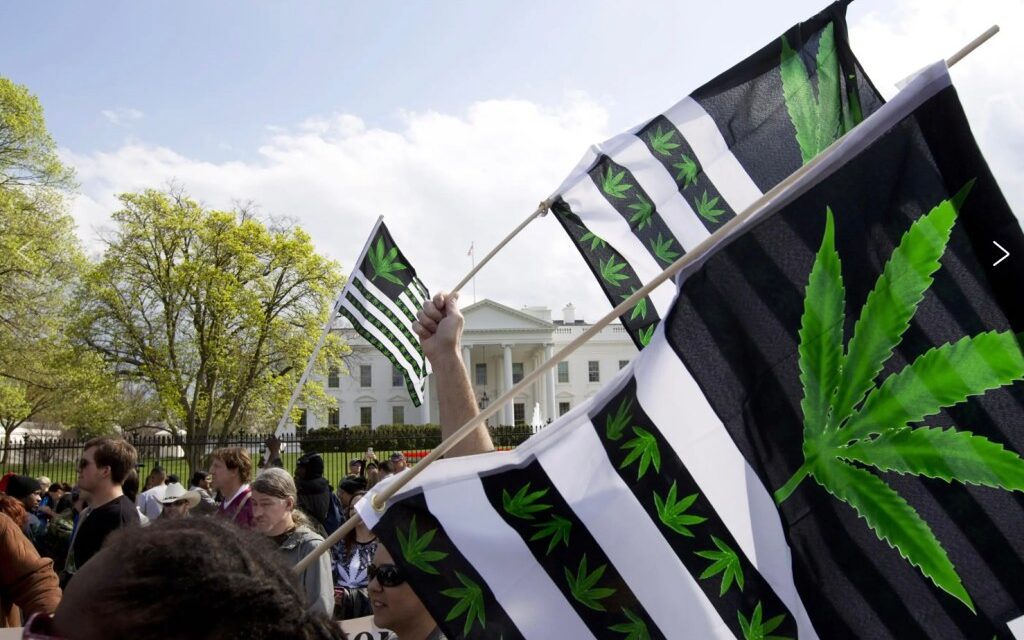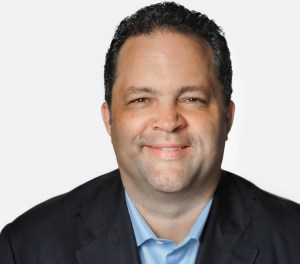By Ashleigh Fields
AFRO Assistant Editor
afields@afro.com
Thousands of people now have the opportunity to clear their records of any conviction of marijuana use, to include simple and attempted possession charges.
In order to be approved, those seeking clemency must submit an application to the Justice Department requesting a certificate of pardon throughout the District and on certain federal property. Appeals are currently being accepted online, via email and mail by the Office of the Pardon Attorney.
This new opportunity was announced by President Biden ahead of the Christmas holiday on Dec. 22 and applies to all cases federally and in the District of Columbia which uniquely falls under presidential jurisdiction.
Those who were charged on or before Oct. 6, 2022 by either a federal or D.C. Superior court and are U.S. citizens, permanent residents or were lawfully present in the United States at the time of the offense meet the requirements for forgiveness.
“We’re going to continue to push President Biden to free all cannabis prisoners, and address all those that are serving long sentences. DCMJ was pleased that 11 long-term prisoners will be freed under the pardons, but this is just scratching the surface so we expect more,” said Adam Eidinger, founder of D.C. Marijuana Justice, an advocacy organization.
Cities and states across the county have followed suit.
According to 2021 statistics reviewed by the United States Sentencing Commission, “of the 1,765 offenders whose criminal history category was impacted by a prior marijuana possession sentence, most were male (94.2 percent), U.S. citizens (80.0 percent) and either Black (41.7 percent) or Hispanic (40.1 percent). Nearly all (97.0 percent) of the prior marijuana possession sentences were for state convictions, some of which were from states that have changed their laws to decriminalize (22.2 percent) or legalize (18.2 percent) marijuana possession, states that allow for expungement or sealing of marijuana possession records (19.7 percent), or some combination thereof.”
Mayor Muriel Bowser (D-D.C.) has been pushing for representation on the matter since Biden’s first announcement.
“While we have made good progress with our medical marijuana program, because of our lack of statehood, we remain limited in our ability to right past wrongs and move forward with an equitable adult-use program,” Mayor Bowser wrote in a 2022 statement, released after the announcement of the original pardon.”One of those limitations, and a reason President Biden’s pardons are especially important to our community, is that the Mayor of D.C. lacks the ability to grant pardons or commute sentences – a power that every state’s governor has.”
The Mayor did not immediately respond to the AFRO’s requests for comment and the D.C. Office of the Attorney General declined to speak on the matter.
Local residents in the District feel especially crippled sharing that Biden and other leaders have not done enough reform for there to be a viable impact.
“The Biden announcement would have been more impactful if it covered people that sell or cultivate cannabis,” said Eidinger. “Currently there are over 3000 people sitting in federal prison from these cannabis crimes that are not covered by President Biden’s pardons.”
Local civil rights attorney Donald Temple agrees.
“I think the big question for D.C. is two fold, whether there should be a commutation of their sentences is a question that needs to be met square on and if the federal government is going to legalize marijuana, or allow the D.C. to do what other states are doing in terms of licensing at the retail level, not just medicinal licenses,” Temple told the AFRO.
The District’s Initiative 71 (I-71), legalizes the possession, personal use, home cultivation and gifting of small amounts of marijuana but leaves millions of earned profit untaxed in the industry dominated by Black and Latino residents.
D.C. Council Chair Phil Mendelson (D-D.C.-At-Large) proposed an alternative solution for citizens in the District through the Reparations for Victims of the War on Cannabis Fund in late January of 2023. The legislation would offer payments of between $5,000 and $80,000 to people arrested, convicted or incarcerated for a marijuana-related offense prior to the enactment of I-71 on March 27, 2015 and regulate recreational marijuana sales by taxing 40 percent of all sales for 10 years.
The bill currently awaits congressional action and approval but could make significant strides towards improving racial equity in the District.
On the federal level, marijuana remains an illegal drug classified under Schedule I laws which deem it, “currently unacceptable for medical use and a high potential for abuse.”
“As for the other steps the Biden-Harris Administration is taking to address the country’s failed approach to marijuana, relevant agencies have been pursuing solutions that will move our community forward, including ongoing deliberations on revising how marijuana is scheduled in federal law,” shared Rodericka Applewhaite, White House spokesperson.
Many law regulators are pushing for its reclassification as a Schedule III with less restriction and described as “a moderate to low potential for physical and psychological dependence.”
“Every American has a fundamental right to equal justice under law,” said Vice President Kamala Harris. “Last year, to address these historic injustices and with the support of faith leaders, civil rights advocates and law enforcement officials, President Joe Biden granted a blanket pardon for simple marijuana possession under federal and D.C. law.”
Currently no prisoners have been or will be released under the 2022 and 2023 pardons. White House officials say that there is no one currently in federal prison solely for simple possession of cannabis.
The post Here’s what you should know about the marijuana pardons from President Joe Biden appeared first on AFRO American Newspapers.





![[Photos] Hundreds in downtown Birmingham protest SCOTUS overturning Roe v. Wade](https://nnpa.org/wp-content/uploads/2022/06/group04-1-1-150x150-1.jpg)





